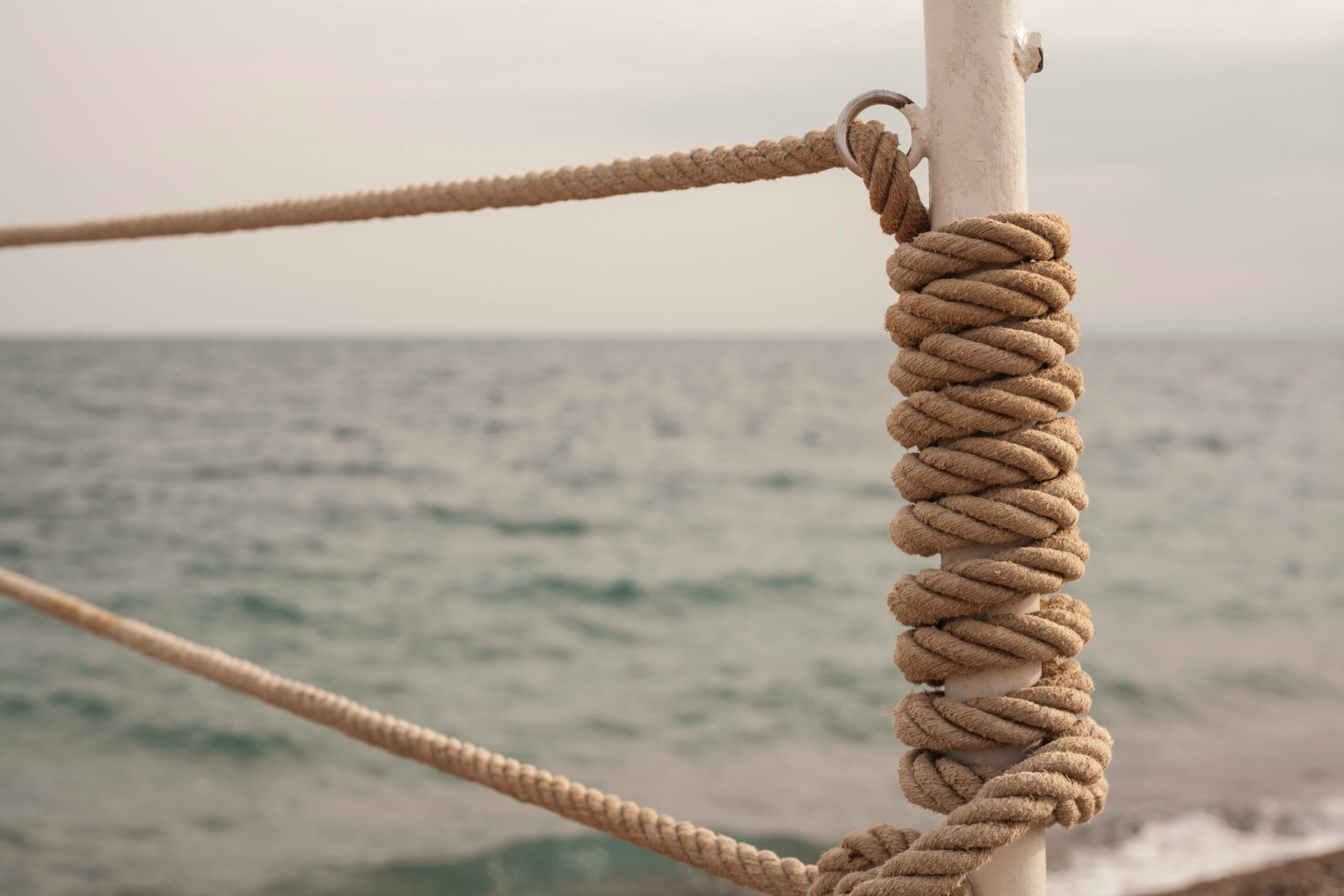Testicular torsion is a medical emergency. If you are experiencing sudden severe pain in your testicles, please seek medical attention immediately.
Fortunately, testicular torsion is a relatively rare condition, affecting an estimated 1 in 4000 males under the age of 25.
Understanding The Anatomy Of The Testes
The testicles are an important part of the male reproductive system, because that is where sperm is produced. They are located in the scrotum and connected to the rest of the body by the spermatic cord.
The spermatic cord contains the vessels that supply the testes with blood, the nerves that innervate the testes and the tube that allows sperm to travel from the testes to the penis. Although the scrotum holds the testes in place, it is the spermatic cord that suspends them from the rest of the body and ensures proper functioning.
It can be very painful if the spermatic cord twists, and worryingly, blood supply might be blocked off, which could cause damage to the testicular tissue. If the blood supply is lost for too long, it might damage the testicle so much that it has to be removed.
What Causes Testicular Torsion?
Testicular torsion most often happens in young males (most commonly between the ages of 12 and 18), meaning that a person experiencing torsion and not getting immediate treatment could face damage to their testicle, which will impact their fertility.
Testicular torsion can occur spontaneously - possibly affected by sleep position or the anatomy of the testicle in relation to the spermatic cord. There are also some congenital conditions that make testicular torsion more likely because the testes are not securely anchored within the scrotum. It can also happen as a result of trauma or physical activity.
Testicular torsion can happen to anyone with testicles, but teenage boys are more at risk, likely due to strenuous activity, sports or accidents.
Impact on Fertility
Testicular torsion must be treated immediately. In addition to the severe pain that it causes, a delay in treatment can mean that the affected testicle suffers permanent damage.
Justifiably, someone who has experienced testicular torsion might worry about the potential impact on fertility.
If the affected testicle is left too long without blood supply, it might lose the ability to produce healthy sperm - or any sperm at all.
Fortunately, not all cases of testicular torsion results in infertility, especially if it was treated early and managed properly.
How Is Testicular Torsion Treated?
The first, most important part of treating testicular torsion is to go to the emergency room immediately if you suspect you might be experiencing it. You might feel severe pain, your testicles might be swollen and you might note that your testicle has shifted in position.
A medical professional might attempt to manually untwist the spermatic cord as a temporary way to restore some blood flow to the testes.
However, the main treatment for testicular torsion is surgery. The surgeon will untwist the spermatic cord and secure the testicle to the scrotum to prevent torsion in the future. They will also evaluate the health of the testicle during the surgery.
If the testicle is too damaged, it may need to be removed - a procedure called an orchiectomy. Removing the damaged testicle is important in order to prevent future complications and to manage pain.
Preserving Fertility
A person can be fertile with one viable testicle.
The problem comes in when both testicles are affected, or if the remaining testicle doesn’t produce enough viable sperm.
Sperm banking involves freezing and storing sperm samples. If you have one viable testicle left, or you went through the process of sperm banking before torsion occurred, you can rest assured that your genetic material can be used to achieve a pregnancy.
Conceiving with stored sperm means that your care team will use assisted reproductive procedures such as in vitro fertilization (IVF) or intracytoplasmic sperm injection (ICSI).
Testicular torsion is a medical emergency that requires immediate attention. While it can potentially impact fertility, not all cases result in infertility. In cases where infertility does occur, fertility preservation techniques and assisted reproductive technologies can offer hope for starting or expanding a family.


 71–75 Shelton Street, Covent Garden, London, WC2H 9JQ
71–75 Shelton Street, Covent Garden, London, WC2H 9JQ +44 (0) 20 3376 1032
+44 (0) 20 3376 1032



